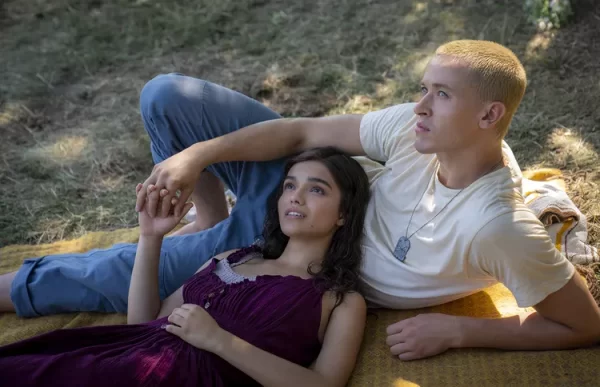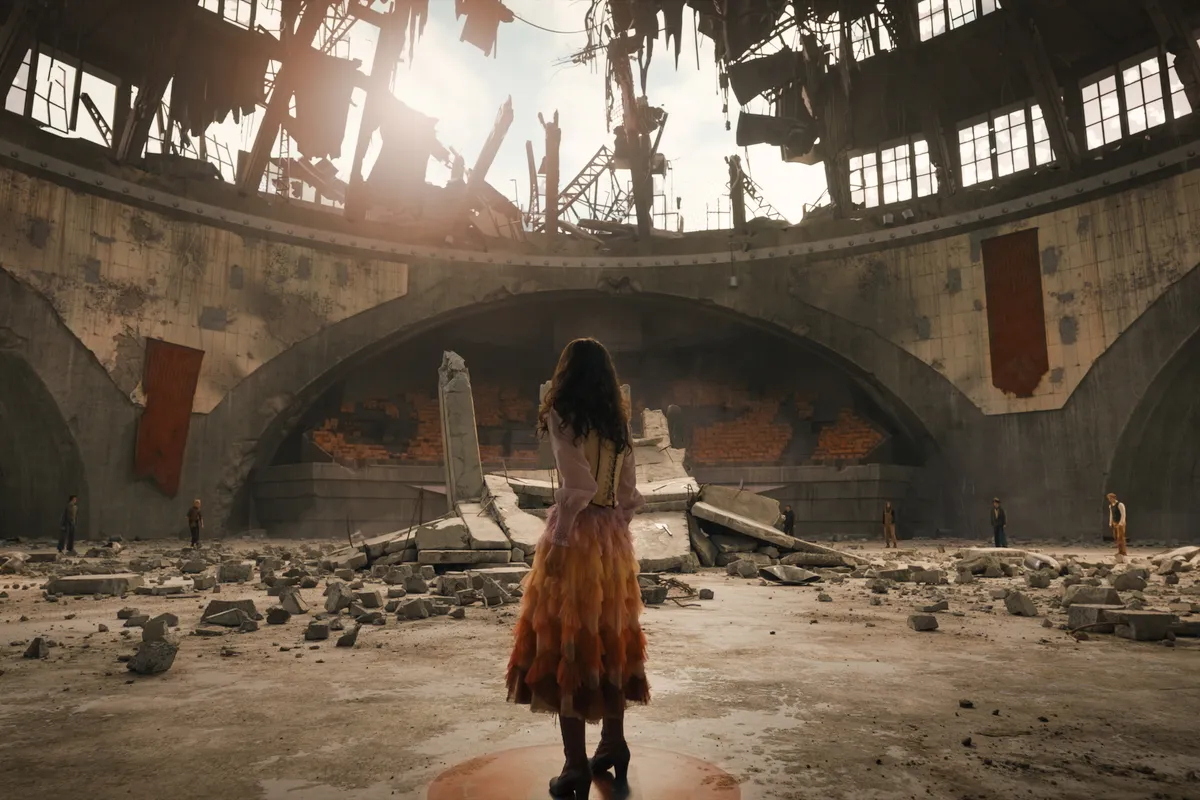For nearly a decade, a beloved genre has been hibernating, awaiting its inevitable return to the box-office. Luckily, I am happy to report that YA dystopian is back. ‘The Hunger Games: The Ballad of Songbird and Snake’ hit theaters on Nov. 17, with an all-star cast of Tom Blyth (Coriolanus Snow), Rachel Zegler (Lucy Gray Baird), Viola Davis (Dr. Volumnia Gaul), Hunter Schafer (Tigris) and Peter Dinklage (Dean Casca Highbottom) all directed by Hunger-Games-veteran Francis Lawrence.

We re-enter the world of early Panem–reminiscent of the American fifties in its style–now following a teenaged Coriolanus Snow (who has yet to come into his child-killer-president boots) as he is tasked with coaching a lovable District 12 singer, called Lucy Gray Baird, in appealing to the audience of the new, and very different, tenth Hunger Games. Coriolanus grapples with his clashing ideologies, relationships and notions of self-preservation as we watch him transform from a poor capital boy–desperate to look anything but–to a man destined to be a monster.
Author of the novel ‘The Ballad of Songbirds and Snakes’, Suzanne Collins is really the star of this show. Her original Hunger Games trilogy cemented her as an author of modern classics, and this novel is no exception. Collins is a master at subtle meaning, and powerful writing that speaks upon larger social issues; she ensures that there is not a facet of the story that truly means nothing. Even down to the names of periphery characters, which all hold a symbolic meaning meant to mirror their fate in the story, everything is thought through. The foundations of ‘The Hunger Games: The Ballad of Songbird and Snake’ are crafted magnificently, and is thus only enhanced by the wonderful cast and crew that made the film a reality.
Both Tom Blyth (Coriolanus Snow) and Rachel Zegler (Lucy Gray Baird) deliver outstanding performances in their respective roles; Blyth understanding the duality that his character is meant to show, and Zegler proclaiming Lucy Gray as a truly unique character. I loved that, despite the wonder of the original series, this film wasn’t afraid to throw all of it on its head and craft completely opposite characters. One of my favorite illustrations of this idea comes by way of Zegler, who said “Katniss was a fighter forced to perform. Lucy Gray was a performer forced to fight.” The parallels drawn between the original characters and those shown in this film are precise, but not blunt. They are meant to enhance the meaning of the initial trilogy, but also stand alone as a new perspective on millennia-old issues.
Suffice to say, I found this movie to be entirely delightful, and even philosophically provoking at times. Sure, it fed my nostalgia for early 2010s YA, but it also sparked an interesting analogy for issues that we face in current day society. So all I can say is watch this film, and I dare you to not get ‘Pure as the Driven Snow’ stuck in your head for three weeks straight.



